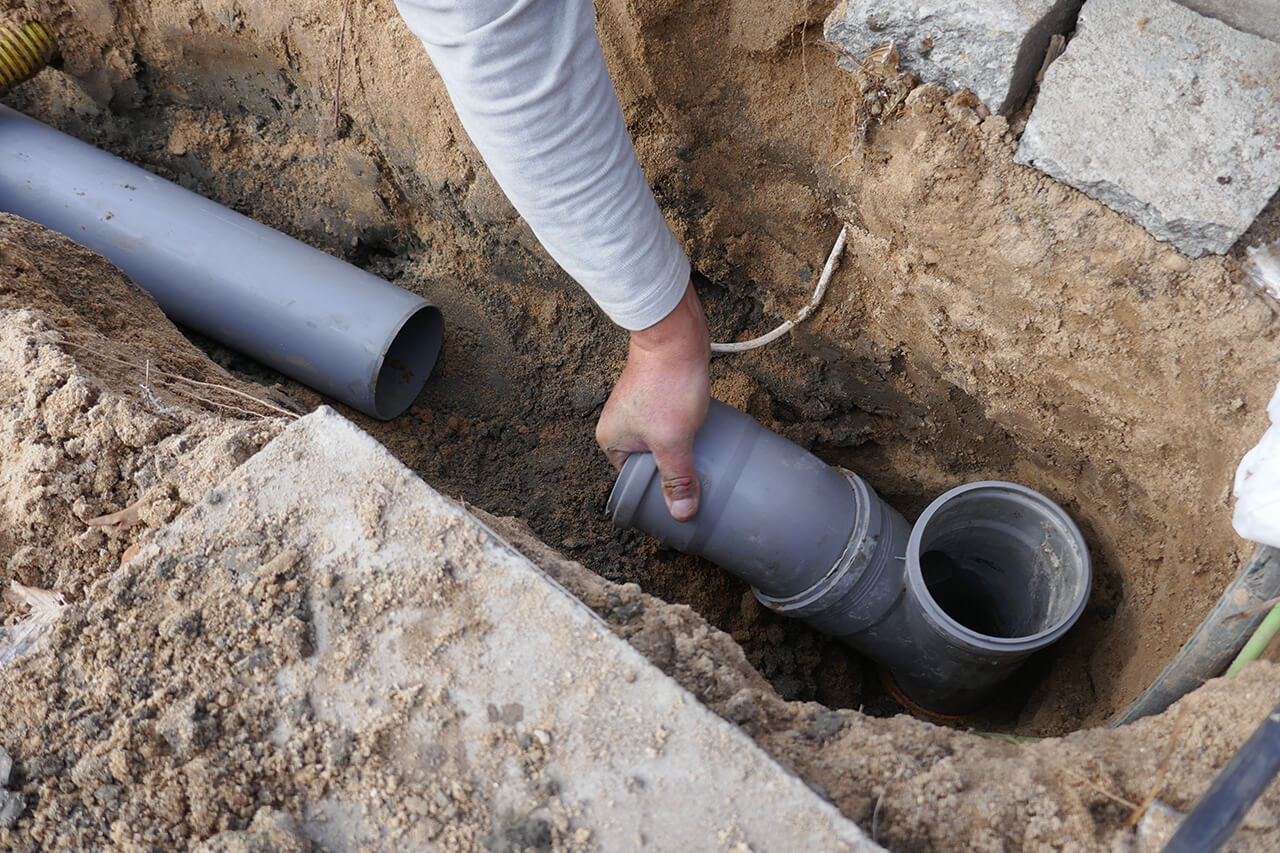Universal Plumbing
Universal Plumbing
We pride our company on reliability, great communication, integrity, and quality work. We strongly believe in giving our absolute best in all the work we perform. We are experts and will always keep you educated about the work process. We look forward to earning your business.
"Very professional, clean, and fast. Very satisfied with the work done. Will be doing business again! "
tanner s on April 2025
We pride our company on reliability, great communication, integrity, and quality work. We strongly believe in giving our absolute best in all the work we perform. We are experts and will always keep you educated about the work process. We look forward to earning your business.
"Very professional, clean, and fast. Very satisfied with the work done. Will be doing business again! "
tanner s on April 2025














